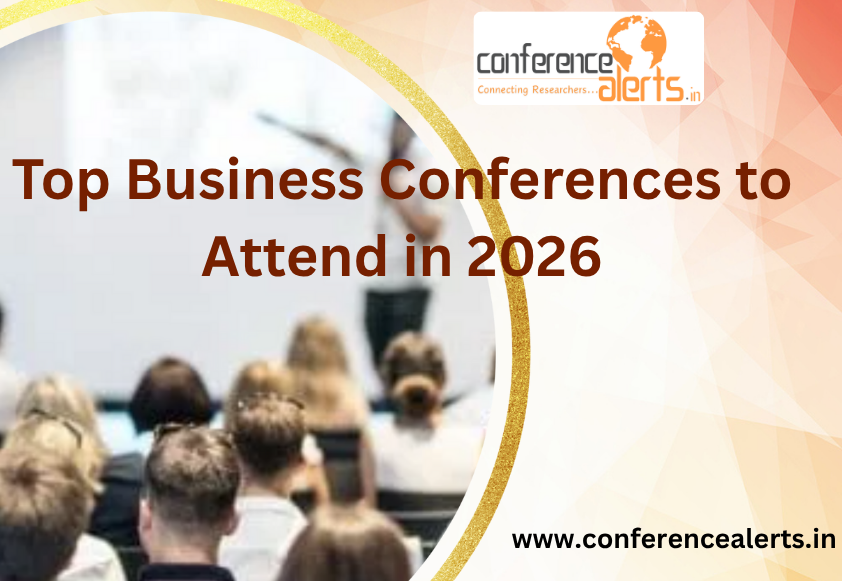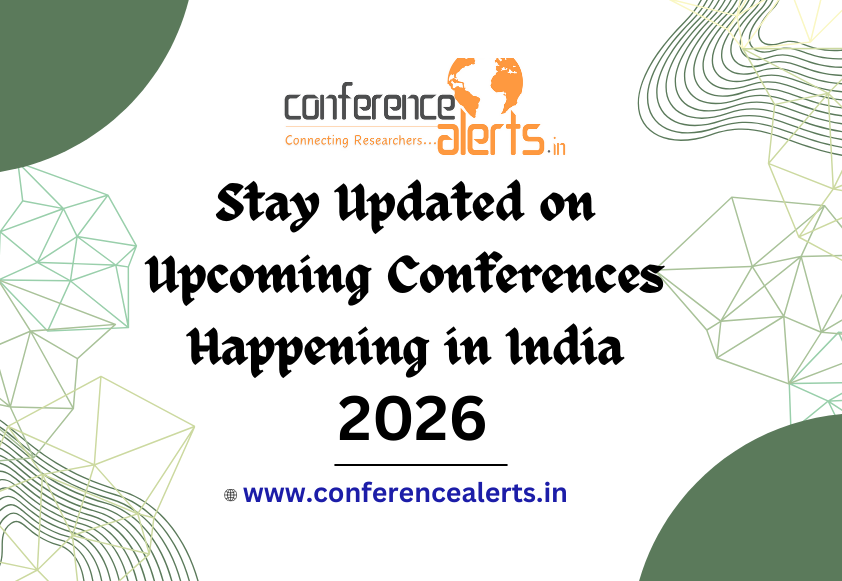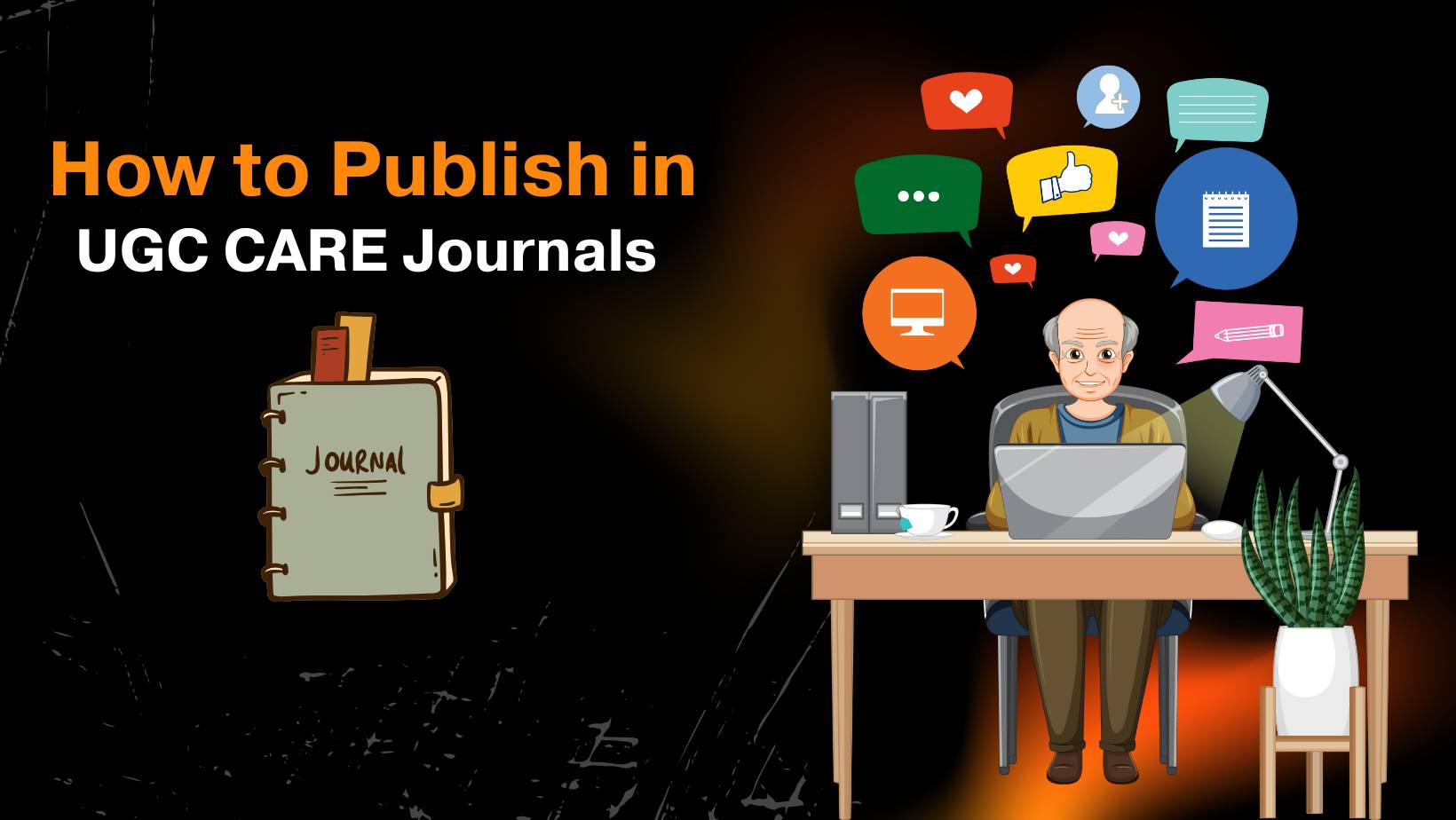A business conference is an organized event where professionals, entrepreneurs, students, and experts come together to share knowledge, discuss trends, network, and explore new opportunities in business, technology, and related fields.
In today’s AI-driven era, business conferences have become even more significant for both students and professionals. Here’s a detailed explanation:
What Is a Business Conference?
A business conference is typically a large meeting or gathering focused on specific themes such as:
-
Entrepreneurship and innovation
-
Technology and digital transformation
-
Artificial Intelligence (AI) and automation
-
Marketing, finance, or management
-
Industry-specific topics (e.g., healthcare, education, sustainability)
It includes keynote speeches, panel discussions, workshops, networking sessions, and startup exhibitions.
Importance of Business Conferences in the Age of AI
1. Learning About Emerging Technologies
AI is reshaping every industry. Conferences allow attendees to:
-
Learn directly from experts and pioneers in AI, data science, and automation.
-
Understand how AI impacts business decisions, customer behavior, and market trends.
-
Stay ahead in a rapidly changing job market.
2. Networking and Collaboration
Students and professionals can:
-
Meet industry leaders, investors, and recruiters.
-
Build partnerships for startups or research projects.
-
Gain mentorship or internship opportunities.
3. Skill Development
Workshops and sessions at conferences teach:
-
Practical AI tools (e.g., ChatGPT, data analytics, automation software).
-
Leadership, entrepreneurship, and innovation skills.
-
How to adapt traditional business strategies to digital and AI contexts.
4. Exposure to Real-World Business Challenges
Conferences often feature case studies and success stories showing:
-
How companies use AI for marketing, finance, supply chain, etc.
-
Challenges in ethics, data privacy, and job transformation.
This helps students connect classroom theory with real-world practice.
5. Inspiration and Motivation
Hearing from successful entrepreneurs and innovators can inspire students to:
-
Start their own ventures.
-
Think creatively about solving problems with AI.
-
Develop a global perspective on business and technology.
6. Career Advancement
Attending such conferences makes resumes stand out:
-
Shows initiative and interest in current trends.
-
Helps build a professional network early.
-
Opens doors to AI-driven career paths (e.g., business analytics, AI consulting).
Example
A “Business & AI Summit 2025” might feature sessions on:
-
“How Generative AI Is Changing Marketing”
-
“Building Ethical AI Startups”
-
“The Future of Jobs in an Automated World”
Students attending such a conference gain first-hand knowledge and valuable connections.
In Summary
| Aspect | Benefit for Students & Professionals |
|---|---|
| Knowledge | Learn latest AI and business trends |
| Networking | Meet experts, recruiters, mentors |
| Skill Building | Gain practical AI and management skills |
| Opportunities | Find internships, jobs, or investors |
| Inspiration | Learn from successful innovators |
Top Business conferences to attend in 2026
Here are five notable business-conferences to consider for 2026, especially relevant if you’re a student, professional or entrepreneur interested in business + AI/technology. They span a variety of themes and regions, so you can pick ones that fit your interests, budget and travel opportunities.
1. OMR Festival 2026 (Hamburg, Germany)
2. Collision Conference 2026 (Toronto, Canada)
3. Web Summit 2026 (Lisbon, Portugal)
4. Africa CEO Forum 2026 (Kigali, Rwanda)
5. World Finance Forum Amsterdam 2026 (Amsterdam, Netherlands)
How to choose and maximise your experience
-
Pick your goal: Are you more into marketing/AI, startups/innovation, finance, or emerging markets? Choose accordingly.
-
Budget & travel: International conferences can be costly (travel + stay + ticket). Some have student discounts or local/regional versions.
-
Plan ahead: Create a schedule of sessions you want, identify speakers you’d like to meet, carry business cards or have a digital LinkedIn QR.
-
Active networking: Don’t just attend sessions—use breaks, informal events, evening networking to talk to people.
-
Follow up: After the event, connect with people you met, revisit insights, apply learning.
-
Leverage for your CV/Portfolio: Especially as a student, mention conference attendance on resume, or write a short summary/blog about what you learned/connected.



